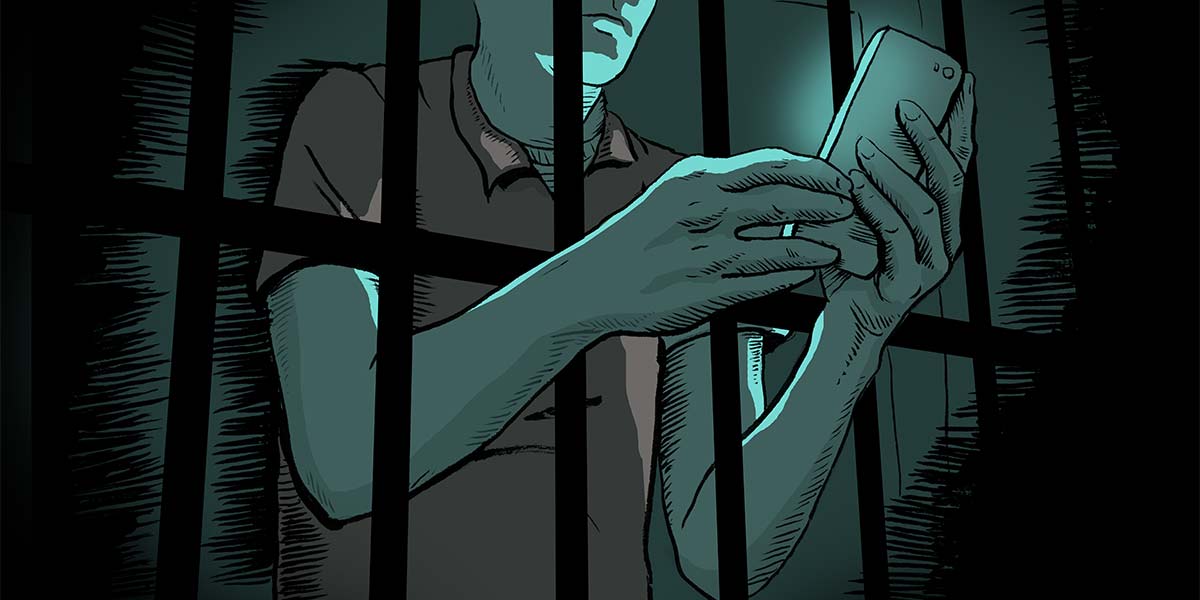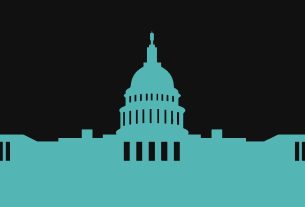The UAE confirmed this week that it has placed 84 detainees on trial, on charges of “establishing another secret organization for the purpose of committing acts of violence and terrorism on state territory.” Suspected to be among those facing trial is award-winning human rights defender Ahmed Mansoor, also known as the “the million dollar dissident,” as he was once the target of exploits that exposed major security flaws in Apple’s iOS operating system—the kind of “zero-day” vulnerabilities that fetch seven figures on the exploit market. Mansoor drew the ire of UAE authorities for criticizing the country’s internet censorship and surveillance apparatus and for calling for a free press and democratic freedoms in the country.
Having previously been arrested in 2011 and sentenced to three years’ imprisonment for “insulting officials,” Ahmed Mansoor was released after eight months due to a presidential pardon influenced by international pressure. Later, Mansoor faced new speech-related charges for using social media to “publish false information that harms national unity.” During this period, authorities held him in an unknown location for over a year, deprived of legal representation, before convicting him again in May 2018 to ten years in prison under the UAE’s draconian cybercrime law. We have long advocated for his release, and are joined in doing so by hundreds of digital and human rights organizations around the world.
At the recent COP28 climate talks, Human Rights Watch and Amnesty International and other activists conducted a protest inside the UN-protected “blue zone” to raise awareness of Mansoor’s plight, as well the cases of both UAE detainee Mohamed El-Siddiq and Egyptian-British activist Alaa Abd El Fattah. At the same time, it was reported by a dissident group that the UAE was proceeding with the trial against 84 of its detainees.
We reiterate our call for Ahmed Mansoor’s freedom, and take this opportunity to raise further awareness of the oppressive nature of the legislation that was used to imprison him. The UAE’s use of its criminal law to silence those who speak truth to power is another example of how counter-terrorism laws restrict free expression and justify disproportionate state surveillance. This concern is not hypothetical; a 2023 study by the Special Rapporteur on counter-terrorism found widespread and systematic abuse of civil society and civic space through the use of similar laws supposedly designed to counter terrorism. Moreover, and problematically, references ‘related to terrorism’ in the treaty preamble are still included in the latest version of a proposed United Nations Cybercrime Treaty, currently being negotiated with more than 190 member states, even though there is no agreed-upon definition of terrorism in international law. If approved as currently written, the UN Cybercrime Treaty has the potential to substantively reshape international criminal law and bolster cross-border police surveillance powers to access and share users’ data, implicating the human rights of billions of people worldwide, and could enable States to justify repressive measures that overly restrict free expression and peaceful dissent.



